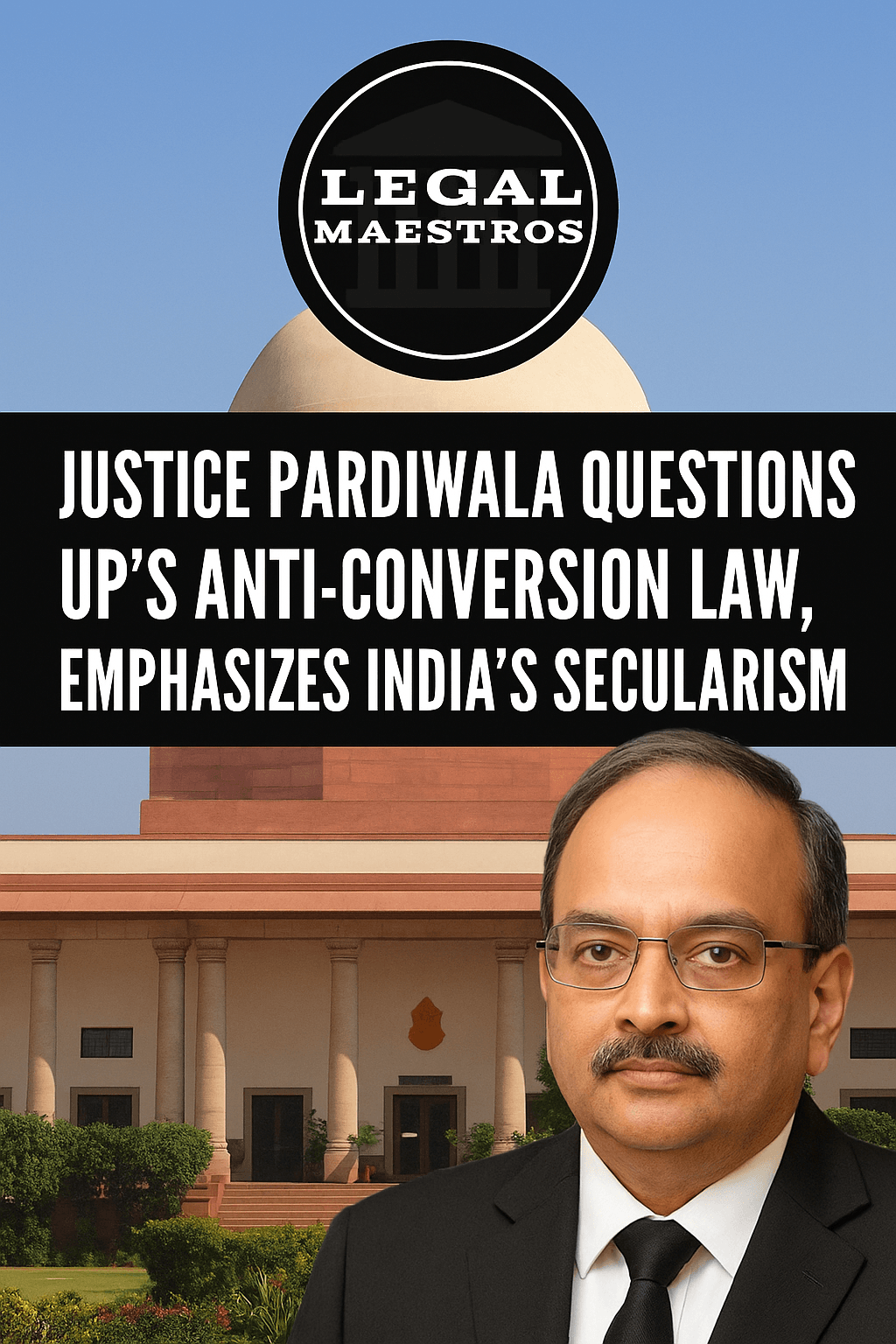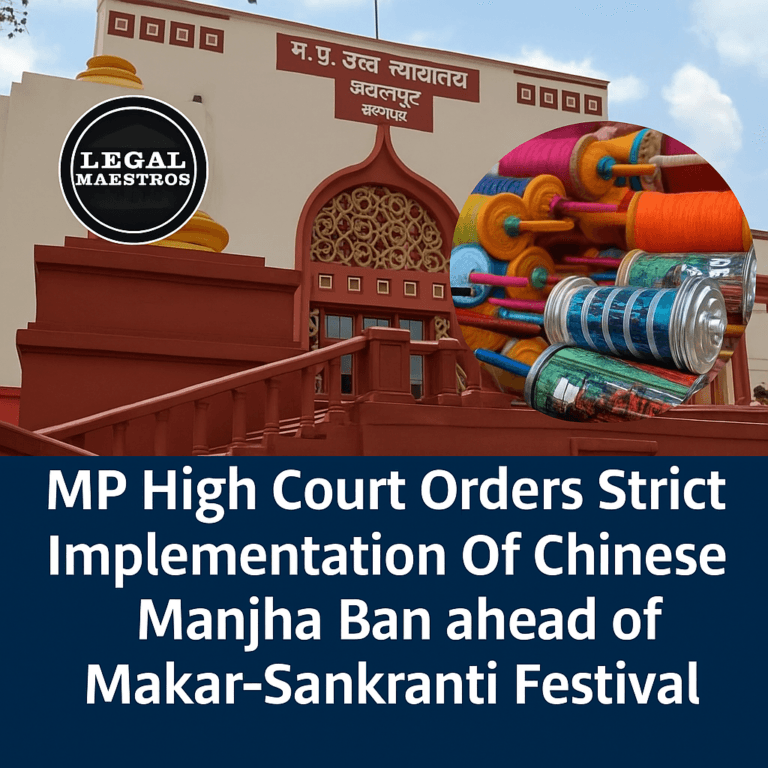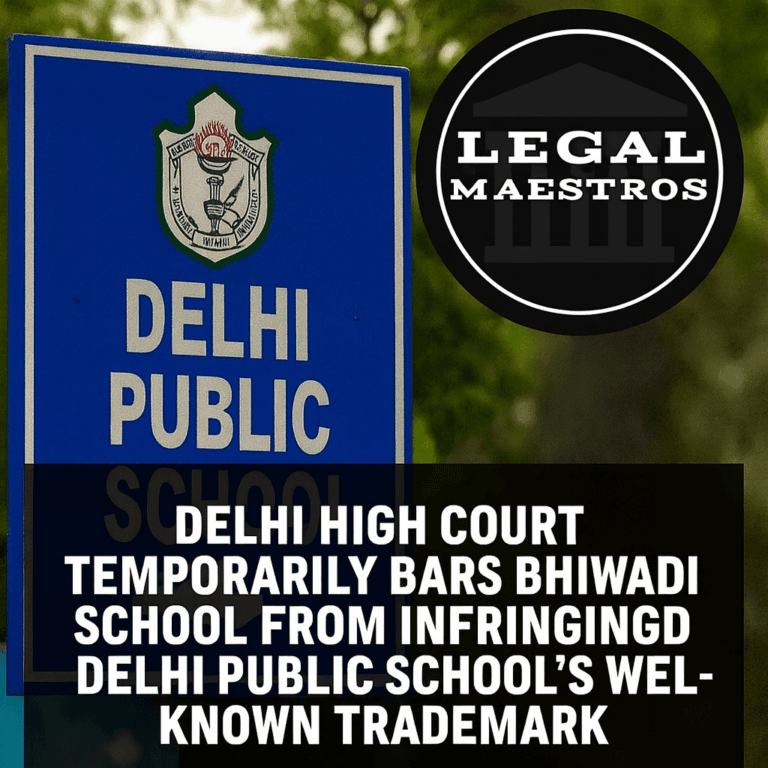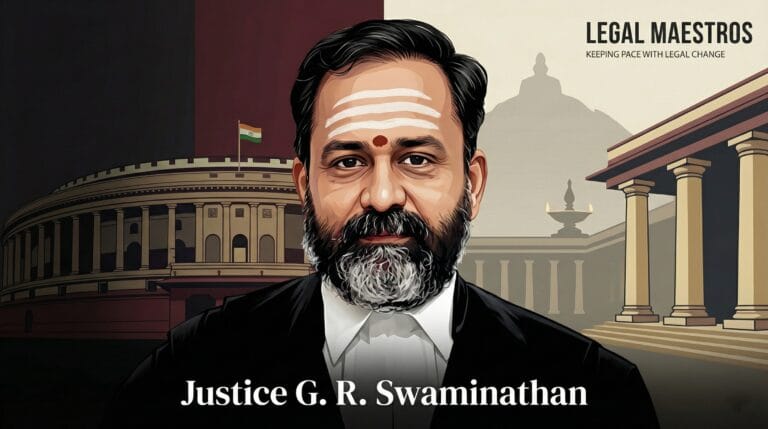
Justice Pardiwala Questions UP's Anti-Conversion Law, Emphasizes India's Secularism
Supreme Court Highlights Secularism in UP Conversion Law Case
The Supreme Court of India questioned the domain of workings of the Uttar Pradesh anti-conversion law, which has been subject to serious question and heed in a judgment. A court headed by Justice J.B. Pardiwala pointed out that the demands of that law are to be interpreted in the context of a secular Constitution of India. The court made the observations when it overturned several police reports, or FIRs, submitted in a parallel of alleged mass religious conversion.
The opinion of the court written by Justice Pardiwala made direct reference to the Preamble of the Constitution. He emphasized that the founding document of the nation guarantees every citizen in the country the freedom of thought, expression, belief, faith and worship. The bench observed that this basic liberty is one of the main manifestations of the secular character of the nation.
These are very strong observations that were made through one of the cases where a number of FIRs were registered in Fatehpur, Uttar Pradesh. The government officials at an agricultural university were accused by the police of forcibly converting the Hindus to Christianity. The court reasoned that these cases were full of procedural vices and had no credible evidence and thus decided that these were an abuse of the legal process.
For any queries or to publish an article or post or advertisement on our platform, do call at +91 6377460764 or email us at contact@legalmaestros.com.
Justice Pardiwala, concurred with by Justice Manoj Misra, did not fail to describe the process of the law as such. According to the judgment, the pre-conversion and post conversion declaration procedures were onerous. This implies that the court feels that the procedure involved by the law is heavy and cumbersome to any citizen, who would like to convert their faith, which may meddle with their personal freedom.
Law Cannot Be a “Tool of Harassment”
The ruling of the Supreme Court carried a serious message against the abuse of the criminal law in order to score points or advance an agenda. Justice Pardiwala stated that criminal justice system should not be turned into an instrument to harass innocent individuals. This was to the prosecuting agencies who in the opinion of the court had started cases at their own will and pleasure.
In this particular case, the material that was used to construct the case was held by the court to be quite incredible, or unbelievable. The court overturned five different FIRs concerning the same case, saying that it would be a travesty of justice to proceed with the prosecutions. This strong measure is a key control measure of the enforcement of the law.
The bench carefully identified the glaring weaknesses on the way the cases were registered. A complaint was lodged by one of the local leaders of the Vishwa Hindu Parishad (VHP). The court indicated that, during the time when the FIR was submitted, the 2021 law could permit an injured individual or his or her immediate family to make a complaint.
The VHP leader was not the person in this legal definition and this made his complaint invalid in the first place. The court pointed out that an amendment in the law in 2024 permitted any person to complain. But the court of appeal found that this amendment was inapplicable to a case registered prior to the change of the law and this was a procedural failure.
Privacy and the Right to Conscience
In addition to the flaws in the procedure, the Supreme Court explored another constitutional problem the right to privacy. The UP anti-conversion law demands that one discloses his or her own personal details whenever he/she wants to convert. According to the judgment made by Justice Pardiwala, such a requirement requires a closer look to determine whether it works well within the privacy regime.
The court made the direct relation between the freedom of religion under Article 25 of the Constitution with the basic right to privacy. The court made the ruling that the freedom of conscience provided in the Constitution is within the area of solely individual thought. This implies that the choice or decision of an individual to either adopt or switch faith is a highly intimate issue.
The court is sending an indication of a possible struggle by challenging the law to expose such a personal decision. The bench noted that the law entails conspicuous interference by governmental authorities, i.e. the District Magistrate. It is this government intrusion in a personal issue of religion that the court has raised as a serious issue.
This privacy was associated by the judgment with this concept of marriage and personal freedom. It reaffirmed that the personal decision made by an individual in both religion and marriage is within his or her individual freedom. What the court meant was that the state could not find it easy to control or regulate the choice an individual has in the choice of whom to marry as well as what to believe.
A Secular Foundation
Justice Pardiwala came back to the theme of secularism many times throughout the judgment. The bench reminded that all the parties that secularism is not a mere word used in the Preamble but a component element of the fundamental framework of the Constitution. This implies that it is one of the principles that no law may infringe.
The fact that the court has made specific highlight on the liberty of belief, faith and worship was a direct message. It put the right to adhere to a religion in the category of basic freedoms, which is inalienable to a secular republic. This guaranteed freedom seems to be in conflict with the onerous processes of the anti-conversion law in the opinion of the court.
Although the Supreme Court was technically deciding on suppressing particular FIRs, its observations are far more widespread. The bench has already stipulated the constitutional tests that the UP law has to go through. These involve ensuring the right to privacy and the excessive burden on the freedom of conscience is not put.
Legal experts have considered the judgment as a major assertion of the individual rights, against the state intrusion on issues of faith. It acts as a strong warning to the law enforcement agencies that they should not operate on whims and fancy but on valid evidence and within the confines of the law that it is very strict.








